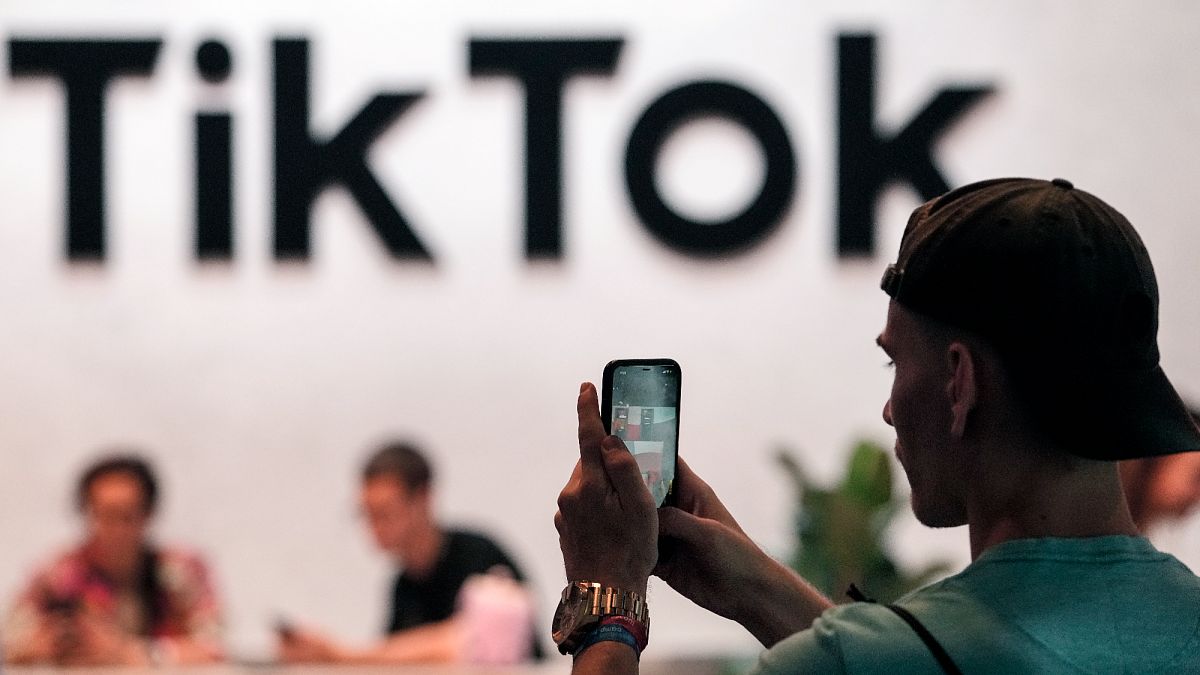Despite its growing use, excitement around AI is waning as employees express concerns that AI tools may result in heavier workloads and faster-paced demands.
A new study shows that 76% of desk workers want to become AI experts to better focus their time on more meaningful activities.
The research, conducted by Slack, interviewed more than 17,000 employees worldwide, including those from EU countries such as France, Germany, and Sweden.
Between September 2023 and August 2024, AI adoption steadily increased globally, rising from 20% to 36% of the desk worker population.
In France, AI usage grew from 20% to 33% during the same period.
When employees were asked, 'Which common work tasks is AI best suited for?', administration topped the list at 87%, followed by assistance with core work projects at 80%, and innovative or creative work projects at 81%.
Despite the growth, the excitement around AI is also cooling as employees worry that AI tools could lead to increased workloads and faster-paced demands.
"This presents an opportunity for leaders to redefine what they mean by ‘productivity,’ inspiring employees to improve the quality of their work, not just the quantity," said Christina Janzer, head of the Slack Workforce Lab.
Do workers openly use AI in workplace?
Nearly 50% of desk workers would feel uncomfortable admitting to their manager that they have used AI for common workplace tasks.
The top reasons for this discomfort include feeling that using AI is cheating, fear of being perceived as less competent, and fear of being seen as lazy.
In Sweden, 86% of employees feel uncomfortable revealing that they use AI to write messages to their colleagues or coworkers of the same level.
In France, 65% of workers feel the same, while in Italy, this proportion drops to 61%, 62% in Spain, and 58% in Germany.
Despite the unease regarding AI use, three out of four desk workers say they prefer employers who are AI-savvy.
Nearly two in five also said they would prefer working for companies that provide AI tools and encourage their use.
This trend is likely to accelerate, as people in their first job are 1.8 times more likely to consider AI enablement a 'very important factor' in their job search.
"This finding shows that companies that drag their feet on AI enablement are compromising their ability to attract and retain top talent," said Nathalie Scardino, president and chief people officer at Salesforce.

 3 months ago
31
3 months ago
31






 We deliver critical software at unparalleled value and speed to help your business thrive
We deliver critical software at unparalleled value and speed to help your business thrive






 English (US) ·
English (US) ·